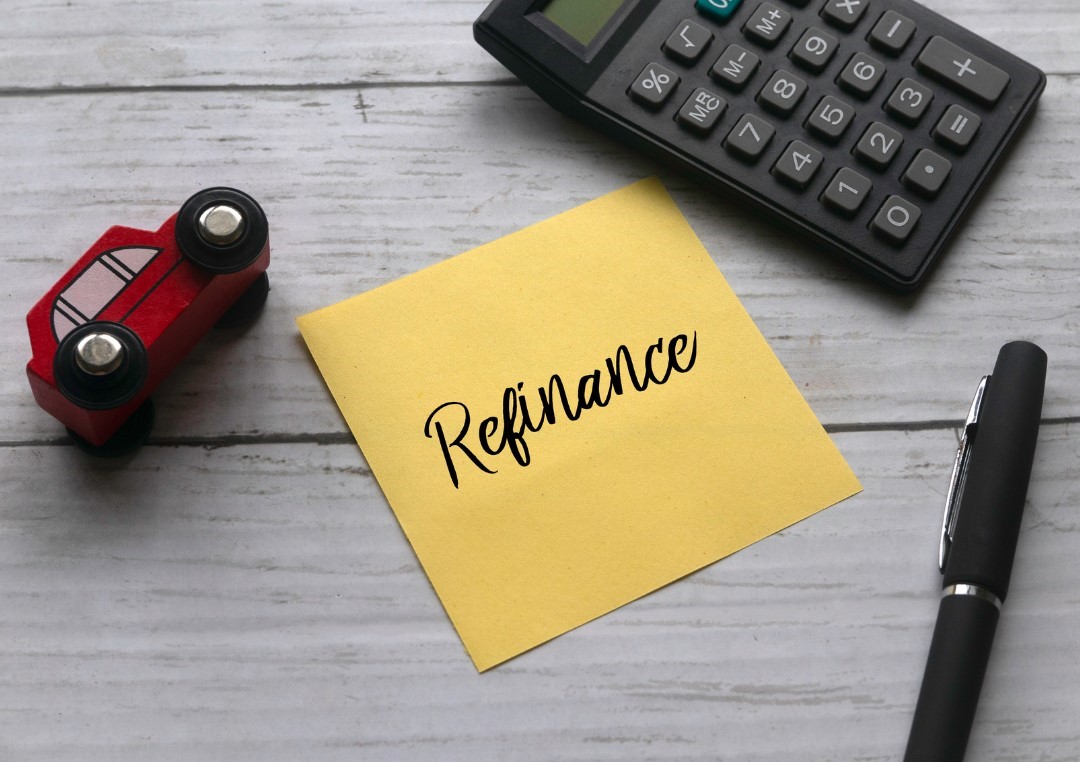What does it mean to refinance rental property?


If you are a rental property owner, refinancing can be a great tool to save money. You may be familiar with the process of refinancing a primary residence, but what does it mean to refinance a rental property? How does the process differ? In this article, we’ll look at what rental property owners need to know about refinancing.
The end goal of refinancing is to save money. As a rental or investment property owner, this could mean freeing up funds to grow your business. Here are just a few reasons why you might want to refinance your rental property.
By refinancing when rates are low, you can lower your monthly payment. Not only will this allow you to put those extra dollars to good use every month, but you will save a significant amount over the life of the loan.
Variable-rate loans can be beneficial in the short term to lower your monthly mortgage payment. However, making the switch to a fixed-rate loan while interest rates are low can save you from future rate spikes. With a fixed rate loan, your monthly payments stay the same, despite market fluctuations.
The duration of the total loan affects monthly payments. Extending your loan term from a 15-year rate to a 30-year rate will lower your monthly payment and free up cash for other endeavors.
A popular option for rental property owners is to cash out refinance. By taking out a loan greater than what you owe on the property, you can get cash at closing to use for anything you want. This money could be put towards renovations, repairs, or used for other investment projects.
If you put down less than 20% when you bought the property, you pay private mortgage insurance in your monthly payment. If you have made enough payments and have a sufficient loan-to-value ratio, you can refinance to get PMI removed entirely.
Since rental properties are generally a greater risk than primary residences, the process to refinance tends to be stricter. Here is what you will need to prepare for:
Knowing what you want going into the process will help you achieve your desired outcome. Are you looking to lower your monthly payment? Get rid of PMI? Access funds to make upgrades on the property?
The first step will be to prepare your documents to submit to the lender. They will request several documents related to your financial standing. Below are commonly requested items:
Who you choose to work with on your refinance is important. Be sure to browse different lenders and loan programs before you make a decision. Ask for a quote to compare and ensure you are getting the best deal possible.
Once you have landed on a lender, it is officially time to apply. You have already prepared your documentation, so now you will complete their application. At this time, they will run a credit score to get more information about your financial situation.
Locking your interest rate means guaranteeing a specific rate for a disclosed period of time. These rate locks may last anywhere between 15 and 60 days. If you need to extend this lock due to a delay in closing, there will usually be a small additional charge.
The lender will review your financial information during the underwriting process to confirm that you can afford your new loan payments. Be sure to answer all requests for information verification promptly to prevent any delays. The lender will also order an appraisal to ensure the loan amount is on par with the property’s market value.
During this process, the title company will conduct a search to determine any title issues. These could be outstanding liens or claims on the property that will need to be resolved before closing.
You will sign a preliminary “Closing Disclosure” to review and sign a mandatory three days before closing. The CD will list your loan amount, interest rate, and monthly payment, as well as the expenses related to the refinance. These fees make up the closing costs and typically include escrowed taxes, the appraisal fee, insurance, recording fee(s), and settlement fee(s). Finally, you will meet the title company on closing day and sign all the paperwork to finalize the refinance. If you are interested in refinancing your rental property to save money, contact us today. We would love to work with you and guide you through the process to refinance your rental property.